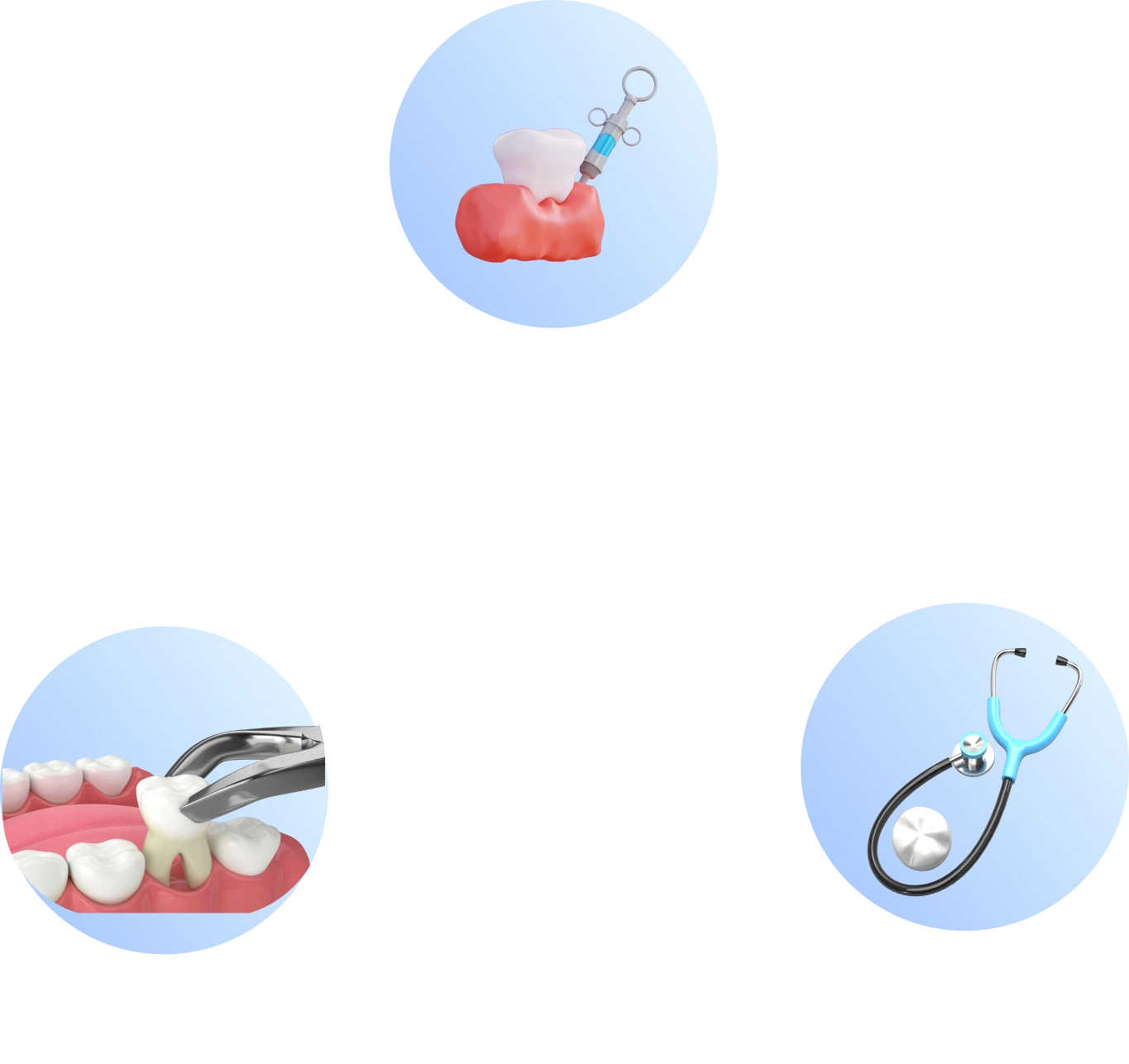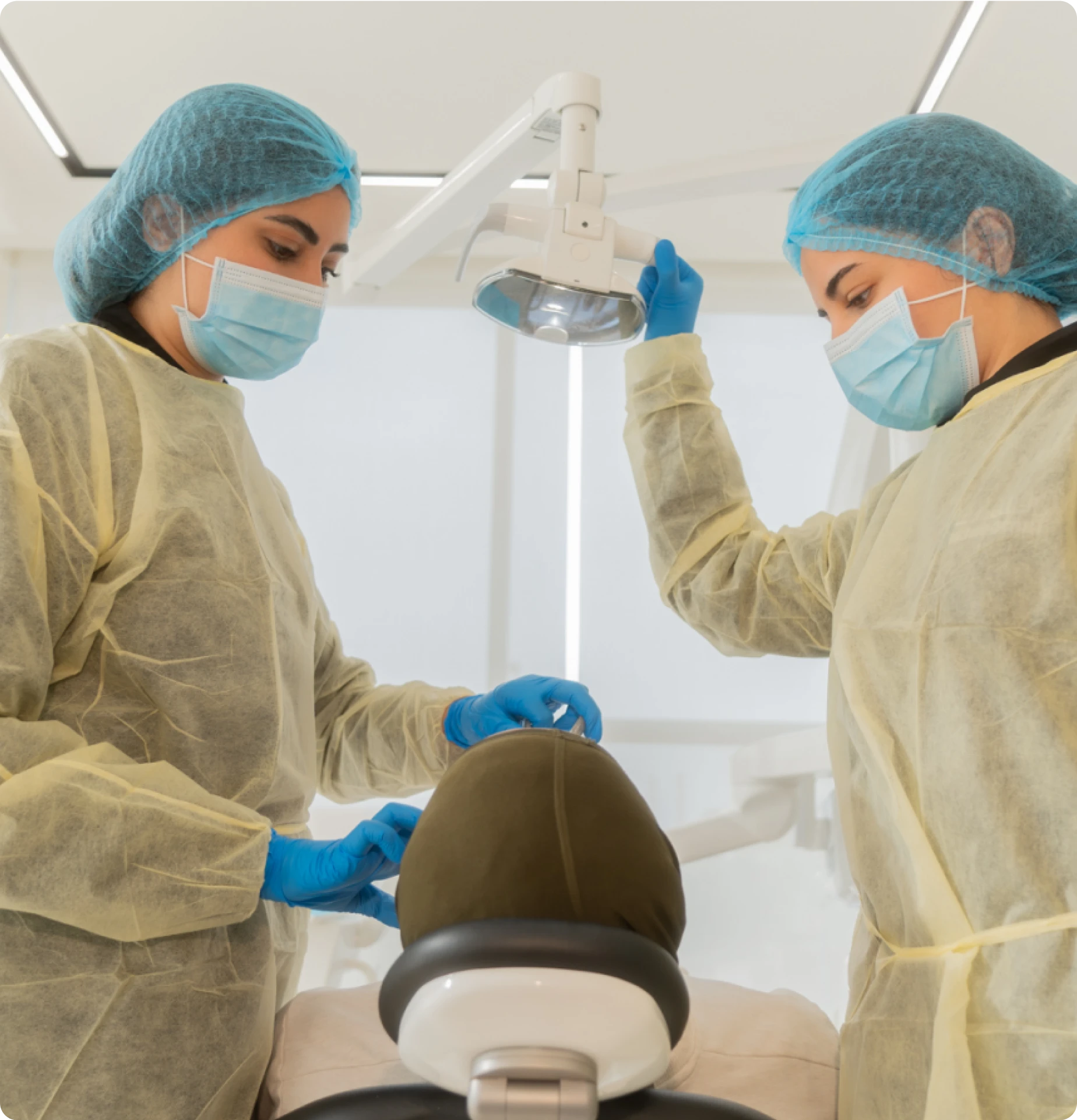Oral & Maxillofacial Surgery
Maxillofacial Surgery Clinic: Expert Oral and Facial Care
Oral and maxillofacial surgery is a specialized field of dentistry that focuses on diagnosing and treating diseases, injuries, and defects in the head, neck, face, jaws, and the hard and soft tissues of the oral and maxillofacial region. This area of surgery is vital for addressing complex dental and medical issues that require a higher level of care and precision.
Book Now











